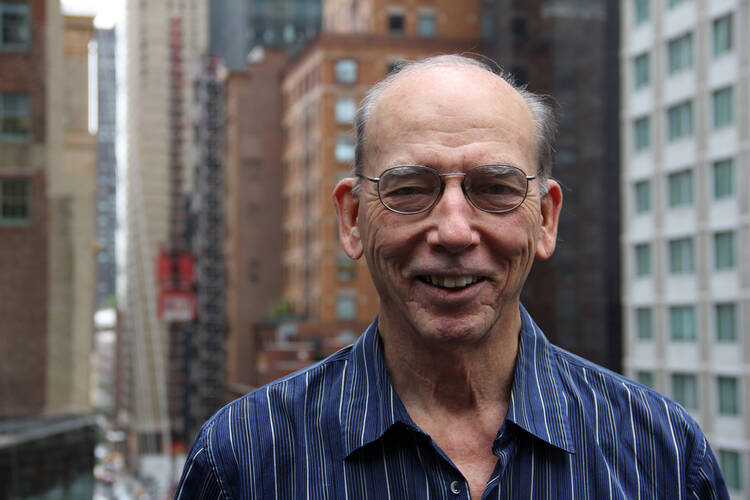It was an icy Dec. 9, 2014, when Chien Hsien (Michael) Deng, 19, and his Asian-American fraternity brothers at Baruch College in Manhattan set out for their rented house in Stroudsburg, Pa. Their hazing ritual would be rugged because, excluded from white fraternities, they wanted to show that they were tough. So they blindfolded Michael, strapped on two heavy (20 lb.) backpacks and made him find his way across a frozen lawn while they beat and tackled him. He fought hard, so they hit him harder. Then he didn’t get up. They carried him inside, changed his clothes, but waited an hour as they called their leader, the younger brother of a congresswoman, who advised them to destroy any evidence of fraternity involvement, before driving him to a hospital, where he died. The authorities in Stroudsburg have indicted five students for murder and five more on associated charges.
At Clemson University in September 2014, Tucker Hipps, 19, pledging, was ordered by his Sigma Phi Epsilon fraternity brothers to deliver 30 McDonald’s biscuits to his jogging brothers. He met them on a bridge over Lake Hartwell, but didn’t have the money to buy the food. A frat leader confronted him. And suddenly Hipps “went over the side,” head first into the water below. The brothers covered up. His body floated up later. The parents have brought a $24 million wrongful death suit. The defendants in the suit blame Hipps for his “recklessness.”
According to the Bloomberg newsletter, more than 60 students have died in hazings since 2005. Thousands of good students are loyal to their fraternities; but the coverage, prompted by recent deaths, in The Chronicle of Higher Education (6/12/15, 8/7/15), The Atlantic (March 2014) and The National Review (4/5/15), as well as in The New York Times, Bloomberg, CNN and other sources, convince us that “these deaths matter.”
In his excellent new book, University Ethics, James F. Keenan, S.J., suggests that whether a university has a fraternity or not, undergraduate misbehavior is a “progressively worsening reality.” This includes binge drinking, drug use, rape and sexual abuse, cheating, hazing and, in some places, a year-long party atmosphere that undermines the intellectual life. Here, because of the deaths, I’ll focus on hazing.
The fraternities, supported by alumni, benefactors and politically connected board members, are well dug in. The National Review (4/6/15) reminds us that 85 percent of Fortune 500 executives and 71 percent of the men in Who’s Who in America are frat brothers. But are these men going to think about Clemson’s Tucker Hipps, who joined the frat because he wanted to go to law school and thought this would help him get an internship?
The New York Times columnist Charles M. Blow tells us in his memoir, Fire Shut Up in My Bones, that year after year in college he indulged in brutal hazing, taking the plebs into a field and beating them up, until he realized it was wrong. I asked him what took him so long. He said it was because this ritual that they all suffered made them “brothers.” The logic is insane, but it lives on everywhere.
Can the system reform itself? It can if it replaces hazing with social ideals. Sigma Phi Epsilon recently started the Balanced Man Program: readings, discussions and orientation activities with no pledging or distinction between pledges and members. Unfortunately, it was optional. Clemson didn’t buy it, and Hipps paid the price. Meanwhile, a national movement of fraternities and sororities called “These Hands Don’t Haze” fights hazing by means of social media.
Hazing is defined as “any activity expected of someone joining a group that humiliates, degrades, abuses, or endangers him regardless of a person’s willingness to participate.” Forty-four states have outlawed hazing, but university administrators have looked away.
Now college and university presidents must show courage and convince their communities that their integrity is at stake. Involve the fraternity national offices and create a staff of mentors who love students but do not fear them, who will re-educate them partly along the lines of the Sig Ep program. Students will take their hazing “underground,” but any mentor must know this and stop it. The students have joined for friendship; but friendship, which is love, thrives from shared efforts to improve the lives of others. It calls for suffering, not beatings—the pain of sharing another’s troubles. This sounds idealistic, but learning to love, especially in a Catholic milieu, must be part of an education.








